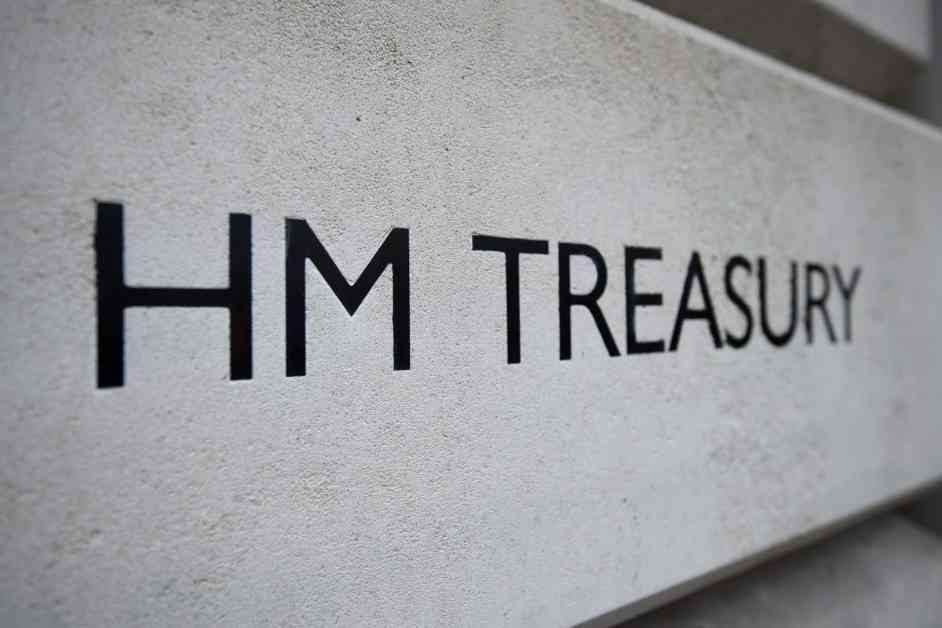The Government’s proposed Budget Responsibility Bill, which aims to ensure that major tax and spending changes are subject to scrutiny by the Office for Budget Responsibility (OBR), has sparked controversy among political parties. While ministers argue that the bill will create a “fiscal lock” to prevent unauthorized changes, the Tories have raised concerns that it still leaves room for manipulation by Labour.
Tories’ Critique of the Fiscal Lock
The Conservative Party has criticized the proposed fiscal lock, claiming that it does not provide sufficient oversight to prevent Labour from “fiddling the fiscal rules.” They argue that without additional scrutiny from the OBR, Labour could potentially manipulate the fiscal targets governing public spending and taxation. Shadow chancellor Jeremy Hunt has proposed an amendment to the bill, seeking to ensure that the OBR provides analysis of any changes to the Government’s fiscal targets.
The current fiscal rules, established by the Conservatives during their time in power, include requirements for reducing national debt as a percentage of national income within five years. Mr. Hunt has urged ministers to support his amendment, warning that failure to do so would indicate the Chancellor’s intention to disregard the rules and increase borrowing, leaving taxpayers to bear the consequences. He accuses Labour of planning to raise taxes and make changes to the fiscal rules without transparency.
Lib Dems’ Concerns and Proposed Amendments
The Liberal Democrats have also expressed concerns about the Government’s proposed fiscal lock. They have tabled an amendment, named after former Tory chancellor Kwasi Kwarteng, to grant the OBR new powers to report the Government to its ethics advisor if the Ministerial Code is breached. This move comes in response to allegations of improper conduct surrounding Mr. Kwarteng’s handling of Liz Truss’s mini-budget, which resulted in market instability.
The Liberal Democrats’ amendment aims to address issues of accountability and transparency in government decision-making. Treasury spokeswoman Sarah Olney emphasizes the need to combat sleaze in politics and ensure that economic policies are implemented responsibly. The party’s proposal seeks to hold the Government accountable for any unethical behavior that may compromise the integrity of fiscal decision-making.
Government Response and Defense of the Bill
In response to criticism from the opposition parties, a Government spokesperson has defended the Budget Responsibility Bill as a necessary measure to prevent irresponsible fiscal policies. The spokesperson highlights the risks associated with unfunded commitments, citing the previous government’s announcement of £45 billion in the Growth Plan as an example of the dangers of unchecked spending.
The Government asserts that its fiscal rules are designed to ensure that the budget remains balanced and that debt decreases relative to the economy over time. By subjecting major tax and spending changes to independent assessment by the OBR, the bill aims to promote fiscal responsibility and prevent reckless decision-making. The Government emphasizes the importance of maintaining financial stability and accountability in the face of economic challenges.
In conclusion, the debate over the Budget Responsibility Bill reflects broader concerns about transparency and accountability in government decision-making. While the proposed fiscal lock is intended to enhance oversight of tax and spending changes, critics argue that it may not go far enough to prevent manipulation of fiscal rules. As the bill continues to be debated in the Commons, the outcome will have significant implications for the future of economic policy in the UK.












